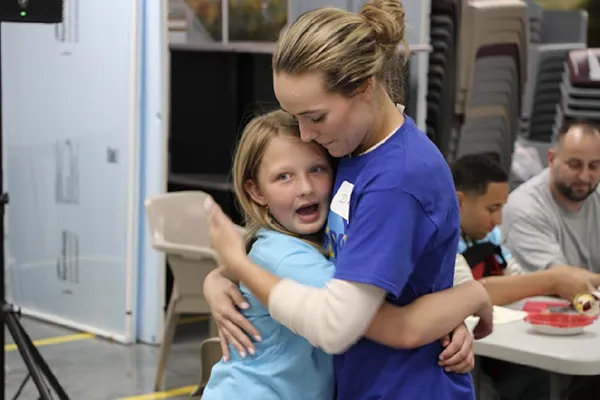When a parent keeps returning to prison, it’s deeply painful for everyone left behind. Watching them repeat mistakes that separate them from you and your family can lead to frustration, sadness, and a lot of questions. Here are some ways to navigate these feelings and decide what’s best for your well-being.
1. It’s Okay to Feel Conflicted
When someone you love makes choices that cause repeated separations, it’s natural to feel anger, hurt, and confusion. You might also feel guilt for feeling this way. Remember, these feelings are valid, and acknowledging them can help you work through the pain.
2. Forgiveness and Accountability Are Different
Forgiveness can be a way to find peace for yourself, but it doesn’t mean excusing a parent’s actions. Accountability is important too, especially when their actions have real consequences for your family. Forgiving someone doesn’t mean you’re giving up your right to set limits or feel hurt by their choices.
3. Consider Setting Emotional Boundaries
If their repeated actions are affecting you, setting emotional boundaries may help protect your well-being. You can decide to limit certain conversations or even limit contact if that’s what you need. Boundaries are an act of self-care, especially when a loved one’s choices impact your life repeatedly.
4. Reflect on Your Own Needs
Think about what helps you feel strong and supported. Maintaining a relationship with a parent who keeps going to prison may bring you comfort, or it may be too painful. Only you can decide what’s best for your emotional health, and there’s no wrong answer.
5. Connect With Others for Support
Sometimes, connecting with others who understand can make a world of difference. Look for support groups or talk with friends who’ve experienced similar situations. Knowing you’re not alone can offer strength and remind you that it’s okay to prioritize your well-being.
Resources to Support You
- NRCCFI (National Resource Center on Children and Families of the Incarcerated): Offers resources and support for families affected by incarceration.
- Therapists or Family Counselors: Professional guidance can help you process complex emotions and create boundaries that work for you.
- Youth Support Networks: Groups where young people with incarcerated parents can share experiences and support each other.
Finding peace when a parent keeps making choices that take them away isn’t easy. You have the right to prioritize your feelings, seek support, and set boundaries that protect your well-being.






